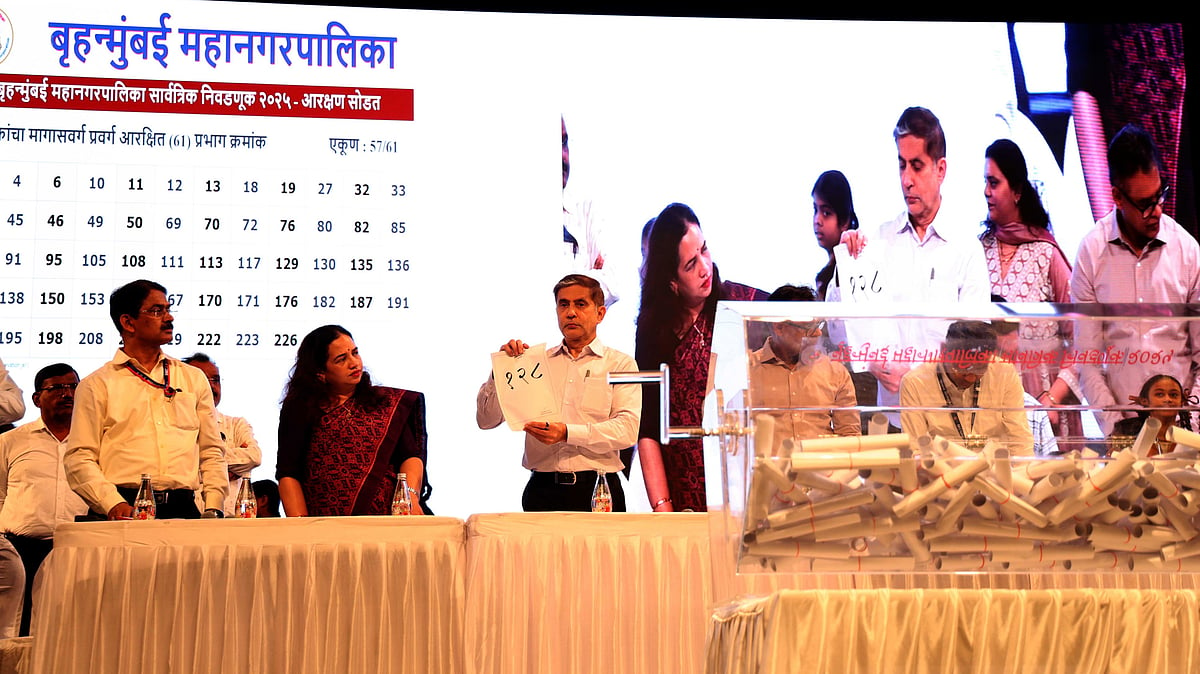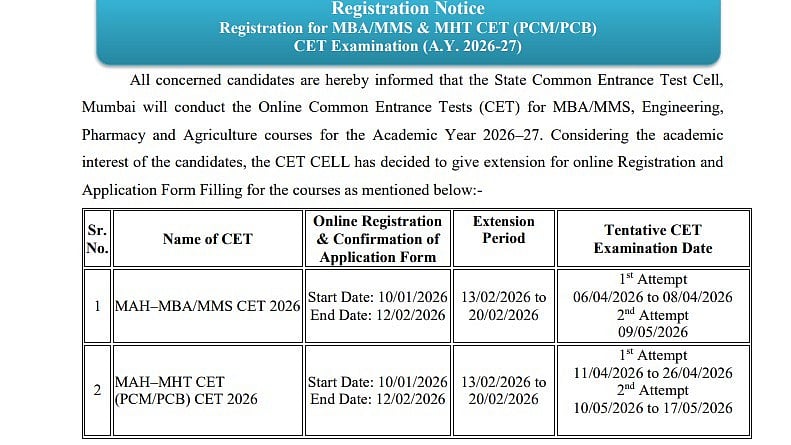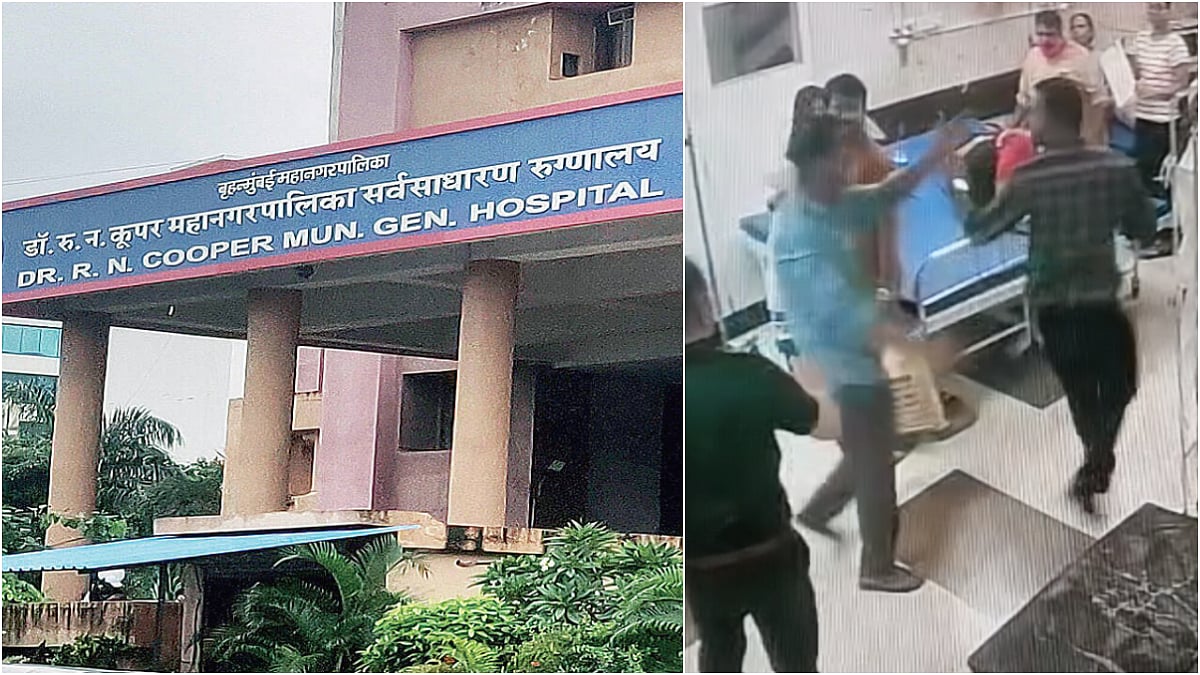Mumbai: The 227-ward reservation list for the upcoming Brihanmumbai Municipal Corporation (BMC) elections has dramatically transformed Mumbai’s political landscape. With nearly half the wards reserved for women, several assembly constituencies are now dominated by female candidates leaving male corporators with only a handful of wards to contest from.
This shift is particularly evident in Dahisar, Borivali, Ghatkopar (East and West), Bhandup, Malad, Jogeshwari, Sewri-Koliwada, and Worli, where the surge in women’s representation is expected to reshape local power dynamics and governance.
Half of BMC Wards Reserved for Women
Out of Mumbai’s 227 wards, 114 have been reserved for women, including 8 for Scheduled Castes (SC), 1 for Scheduled Tribes (ST), 31 for Other Backward Classes (OBC), and 74 for the general category.
The reservation process was carried out based on population ratios for SCs and STs, followed by allocations for OBC and general category women. Among the city’s 36 assembly constituencies, 9 now have more women-reserved wards than men, and in some areas, women-reserved wards outnumber all other reserved categories combined.
This clustering has resulted in two to three consecutive wards being reserved for women in several constituencies a move that has narrowed options for male aspirants and sparked unease among established corporators who may lose their traditional strongholds.
Constituency-Wise Breakdown: Women Take the Lead
A closer look at the assembly constituencies underscores the scale of the shift:
Dahisar: 5 of 6 wards reserved (3 OBC, 2 General, 1 Open)
Borivali: 6 of 7 wards reserved (4 General, 2 OBC, 1 Open)
Malad: 4 of 8 wards reserved (4 OBC Women)
Bhandup: 5 of 7 wards reserved (5 General, 2 OBC)
Jogeshwari: 7 of 8 wards reserved (5 General, 2 OBC, 1 ST)
Sewri-Koliwada: 5 of 6 wards reserved (5 General, 1 OBC)
Worli: All 4 wards reserved (3 General, 1 OBC)
Ghatkopar East: 4 of 5 wards reserved (3 General, 1 SC, 1 Open)
Ghatkopar West: 4 of 5 wards reserved (3 General, 2 OBC, 1 Open)
These figures highlight a strong and unprecedented female presence in key constituencies and limited contesting space for male candidates — marking a significant step toward gender-balanced representation in the BMC.
Women Poised to Reshape Local Governance
The development has triggered widespread discussions in political circles, with many observers calling it a historic opportunity for women to play a greater role in civic governance.
While several veteran male corporators are now scrambling to find new constituencies, female leaders both experienced and first-time candidates are expected to make a strong impact in the upcoming elections. Political analysts note that this reservation pattern could redefine electoral strategies, alliances, and ward-level dynamics for all major parties.





